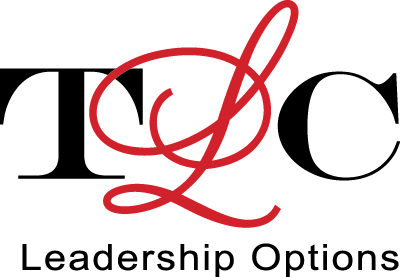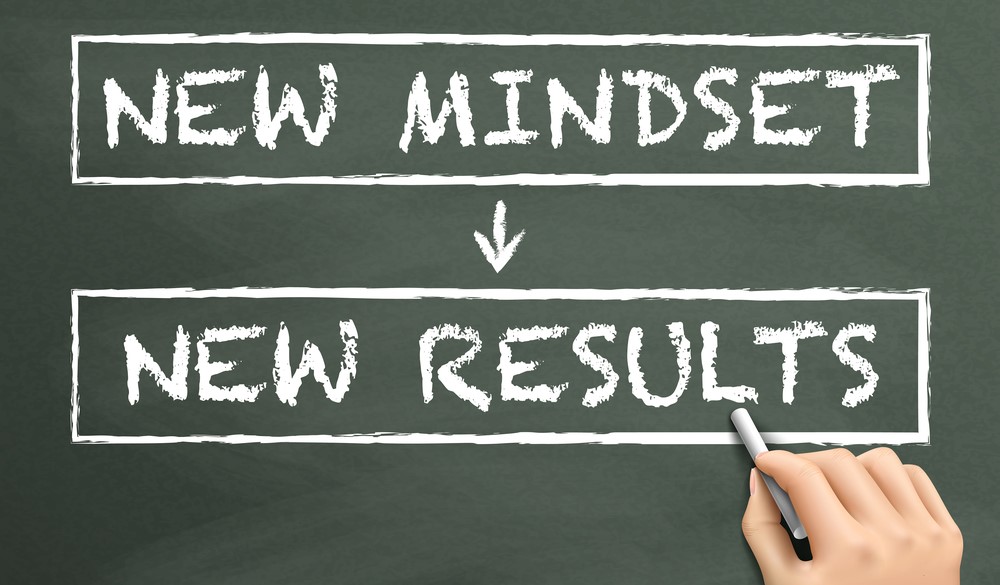Learning to be an effective leader is one of the most challenging and important things you must do. But it is well worth it since your leadership skill can have a make or break effect on your business.
According to McKinsey OrgSolutions:
“Companies with top-quartile leadership effectiveness have on average a 3.5 times greater return to shareholders (TRS) than companies with bottom-quartile scores, over three years.”(1)
Unfortunately, 30 to 67% of all leaders fail.(2) And that is costly to the organization as recruitment, selection, on-boarding and training new leaders is a big financial burden. The derailment of leaders also disrupts employee morale and perceptions of the organization.
There are many leaders today with no formal leadership education – in fact, there were very few college courses on the topic until the late 1980s. Like most parents, leaders often “learn by doing” and hope for the best. In my coaching experience, there is a variety of regularly occurring behaviors that cause problems. The majority of issues are related to emotional intelligence, such as:
- Insensitivity in the treatment of others
- Micromanaging due to lack of trust in team members
- Inability to coach and motivate or to give specific, actionable feedback
- Failure to manage conflict
- Overall failure to build effective teams or relationships
Lack of vision or strategic thinking and refusing to change are other key reasons for leadership failure.
“An executive coach is a qualified professional that works with individuals – executives, managers, and high-potential employees – to help them improve self-awareness, practice self-management, learn new behaviors, and build relationships that inspire and motivate.” Tracey Cantarutti, Ph.D.
Let’s draw a parallel with youth sports: When placing their children in sports, American parents never question the need for a coach. The coach is necessary to assess strengths, teach new skills and run drills so that the skills become natural behavior. While the coach is focused on developing individual players, he/she is also building a team that leverages each person’s strengths.
An executive or leadership coach follows this same process with clients: We use assessments and tools like 360 degree feedback or interviews to define strengths and weaknesses in leadership behavior. Next, we share insights from experience and provide tools to learn new skills or behaviors. Practicing new behaviors is a required part of the coaching process for permanent behavior change to be achievable. Only when we retrain the neural pathways in the brain will the new behaviors become natural, much like “muscle memory.”
More specifically, a coach:
- Conveys you to your full potential as a leader. The word “coach” originates from the town of Kocs, famous in the 15th century for building carts and later comfortable carriages that soon became know as “coaches.” A coach, through information about you and thoughtful questions, elicits a picture of the essence of your strengths and leadership style, as well as thoughts on what your leadership style should be for greater success. The coaching process conveys you through a learning and practice journey to enhanced leadership behaviors suited to your business and your unique characteristics as a leader.
- Listens carefully. He/she needs to put aside feelings or judgments and simply listen to what you have to say. The coach is listening for the meaning behind the words and the accompanying emotions to help you identify them. For leaders, having a coach whom they can trust is invaluable to their growth.
- Helps you clarify how others see you and you see yourself. This can often be surprising: what we think we project is often NOT what other people see. Developing this level of self-awareness is critical to leadership.
- Is your confidant. An important part of the coach’s code is that sensitive information that a participant shares will not be revealed to others. The coaching participant needs to trust that information shared is confidential, so that they can be completely honest in discussing challenges.
- Cares about you. Empathy is the hallmark of a great coach. This work is a passion project for helping people learn, grow and to lead with authenticity. A good coach works to understand what the executive is experiencing and what they can do to grow and change.
- Is a change catalyst. If the purpose of coaching is to develop leadership skills, changing behavior will be an outcome. But as a former business executive, I would not expect anyone to change “because I said so…” As a coach, I provide the rationale for why certain changes will benefit the coachee and, by extension, the organization. The leadership tools and techniques I provide are based on proven methods or valid research.
Being a leader is no easy task. Making changes to become a truly effective leader requires honest introspection and hard work. Don’t make it harder by trying to do it on your own – work with a coach that helps you and others in your organization to stretch and grow with the ultimate goal of creating a stronger, more vital organization.
Tracey Cantarutti, PhD, is the founder of TLC Leadership Options, Inc., an Executive Coaching and Leadership Development Consultancy. She can be reached at TLC@TLCLeadershipOptions.com.
(1) Feser, C., Rennie, M. & Chen Nielsen, N. McKinsey & Company (2018). Leadership at Scale, UK: Nicholas Brealey Publishing.
(2) International Journal of Business Management. July 2013.





